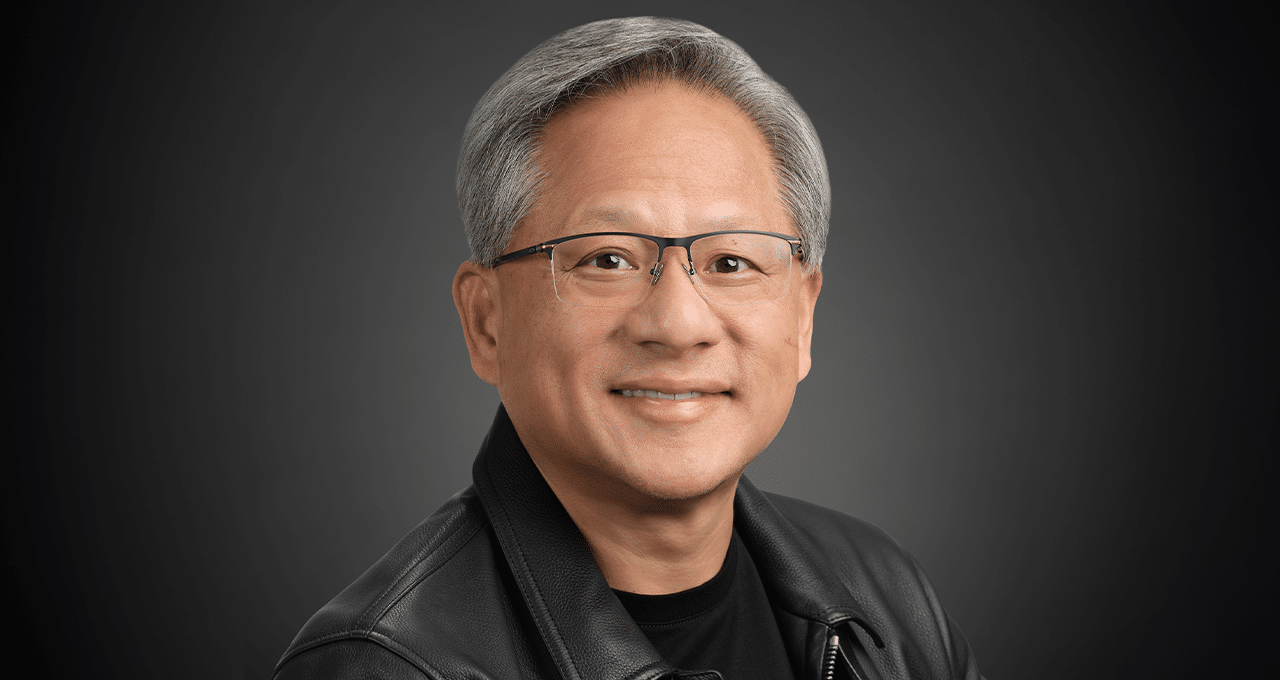

Artificial intelligence continues to redefine our world, and 2025 is poised to showcase transformative innovations. As the annual Consumer Electronics Show (CES) kicks off in Las Vegas on January 7, 2025, industry leaders are set to reveal groundbreaking advancements. Nvidia’s CEO, Jensen Huang, is anticipated to discuss the evolving role of AI in consumer technology, focusing on its seamless integration into daily life.
Here’s a glimpse into five fundamental shifts shaping this new reality:
1. Consumer Technology Revolution
At CES 2025, Microsoft is expected to showcase its latest AI-enabled mini PCs, designed to enhance productivity significantly. Predictions suggest these devices could reduce task completion time by over 60%. Health-tech innovations, like predictive heart monitors with high accuracy rates, and smart home systems designed to lower energy costs, are also slated to be highlighted.

Lisa Su, AMD’s CEO, remarks, “The real innovation lies in how these systems enhance human life without demanding attention.”
Market data predicts a 45% growth in AI-powered consumer devices this year, outpacing previous adoption rates. Tesla’s recent updates to its predictive AI systems have demonstrated significant safety improvements in their vehicles.
Actionable Reality: Businesses must focus on integrating AI invisibly, offering enhanced experiences without overwhelming users with technology.
2. Marketing’s Neural Revolution
Advertising has entered an era where AI drives personalized, real-time campaigns. At CES, Google is expected to announce updates to its AI marketing suite. This technology has reportedly improved

conversion rates by 30% by adapting strategies based on user neural responses. Similarly, Instagram’s predictive content algorithms are achieving significantly higher engagement rates compared to traditional methods.
Sundar Pichai, Google’s CEO, highlights the importance of ethical considerations, emphasizing transparency to maintain trust.
Ethical concerns remain a priority. Apple’s Chief Ethics Officer, Sarah Wilson, warns that the balance between personalization and privacy is delicate.
Actionable Reality: The key to success is leveraging AI to personalize responsibly, ensuring ethical standards and consumer trust.
3. Industry Metamorphosis
AI’s impact extends far beyond technology sectors. For instance, Toyota’s predictive systems have reduced manufacturing errors by 75%, while Mayo Clinic reports faster and more accurate diagnoses with AI tools.

Predictions for 2025 suggest agricultural AI systems could improve crop yields by over 35% and reduce water usage dramatically. Adaptive learning platforms are also transforming education by increasing engagement and improving outcomes.
Mary Barra, GM’s CEO, describes this as “the biggest industrial transformation since electricity.”
Actionable Reality: Companies should rethink their processes, exploring how AI can enable innovation and transformation.
4. Environmental Imperatives
As AI adoption grows, so does its energy footprint. Data centers now consume approximately 1% of global electricity, prompting a push for sustainable solutions. At CES, Intel is expected to unveil eco-friendly AI chips that aim to reduce power consumption while improving performance.

Kate Brandt, Google’s Sustainability Officer, emphasizes, “Sustainable AI isn’t optional,it’s a necessity.” Predictions indicate that businesses adopting green AI solutions could lower operating costs and increase efficiency while enhancing consumer trust.
Actionable Reality: Businesses must integrate sustainable practices to address environmental concerns and align with consumer expectations.
5. Tomorrow’s Reality, Today
The CES 2025 program will preview AI’s potential in reshaping global collaboration, smart cities, and beyond. Real-time language translation tools, designed to increase international business collaboration, and AI-driven urban systems aimed at reducing traffic congestion, are among the anticipated highlights.
Looking ahead:
- Quantum AI could unlock solutions for complex climate modeling.
- Neural interfaces show promise in restoring movement for paralyzed individuals.
- AI education systems adapt to learners’ individual styles, offering universal access to personalized education.

Satya Nadella, Microsoft’s CEO, notes, “AI is reshaping not just how we work, but how we connect and thrive as a species.”
Actionable Reality: To succeed in 2025, organizations must move beyond adoption, evolving their operations and philosophies to embrace AI-driven opportunities.
Final Thought
As CES 2025 sets the stage for the next wave of AI advancements, the message is clear: This revolution is about more than technology. It’s about transformation, innovation, and responsibility. Those who adapt thoughtfully will thrive, while those who resist risk being left behind.





